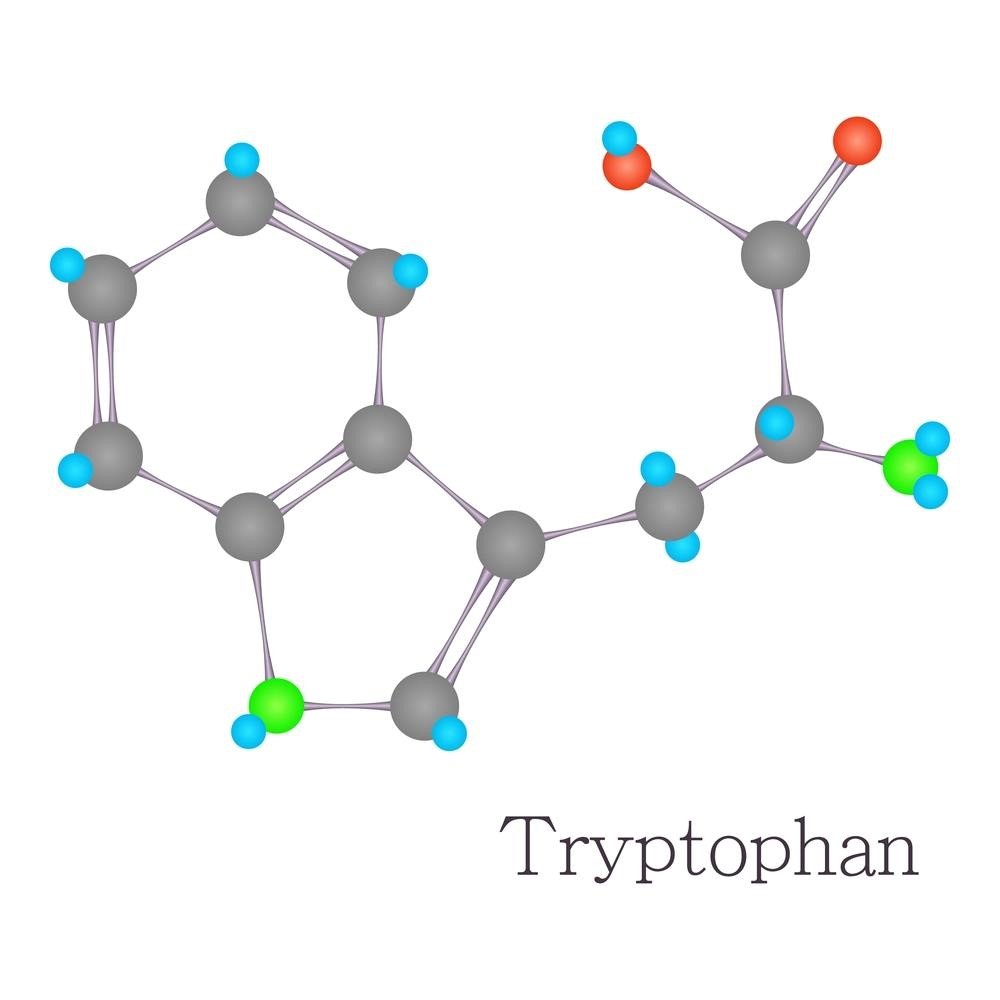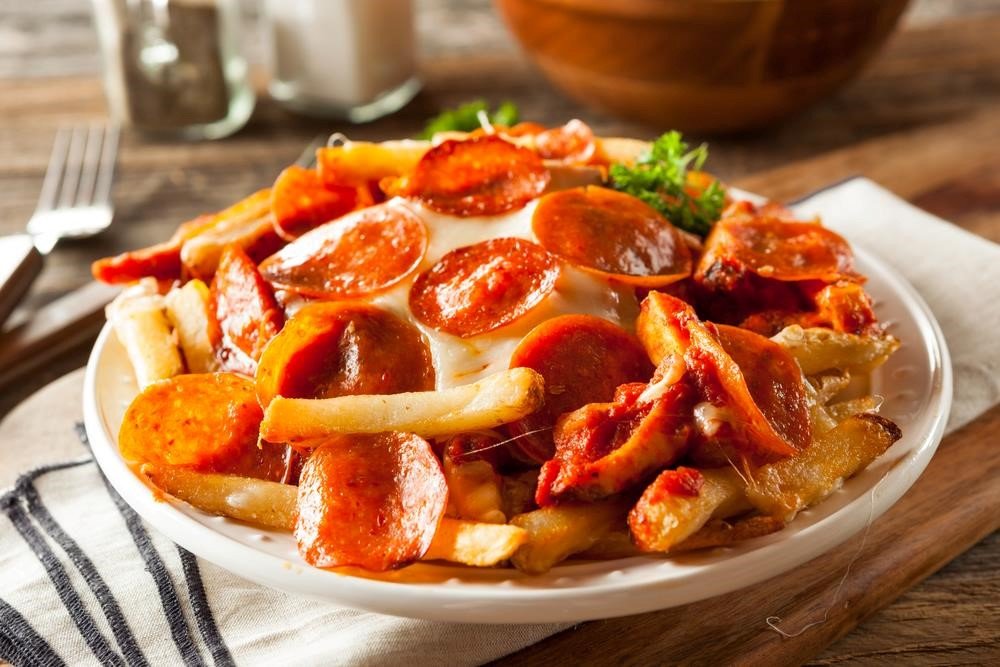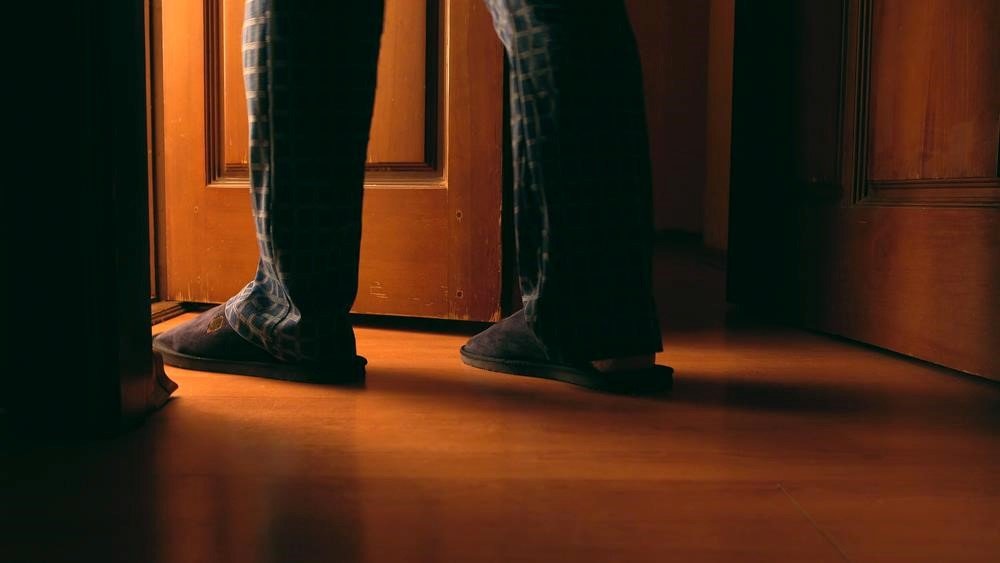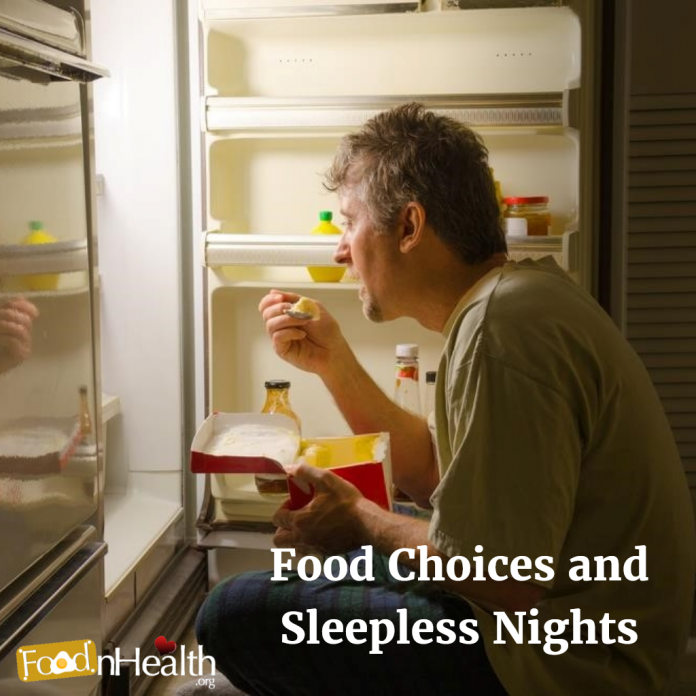In the battle against insomnia, sleep apnea, or general sleeplessness, both scholarly and layman researchers have looked into many different factors to improve sleep. Some of the factors that may induce sleep are decluttering, sleeping posture, exercise, as well as ambient sound. However, one significant factor to the “Zzz’s” you’ve been longing for is your diet. So, ready your memory foam pillow and eat your way to better sleep!
Let’s look into the food choices that you should both eat and avoid eating so you can say goodbye to sleepless nights!
Making the Sleepy Choice

Getting a deep and restful sleep from your diet boils down to the minerals, vitamins, amino acids, and other active ingredients in the food you eat. So, instead of listing the hundreds of sleep-friendly foods, it’d be best to list the elements that make them sleep-friendly. Hence, you’ll be able to create and customize your diet that considers the presence of these elements.
The Sleep-Friendly Elements
1. Tryptophan
Tryptophan is an essential amino acid that aids in the process and production of chemicals that are vital for the body. Additionally, being an amino acid, tryptophan does not naturally occur in the body. Hence, the only way for us to get this element is through the food we eat.

After absorbing tryptophan, the body will eventually convert it into the essential hormone, Serotonin. And if you haven’t yet heard of serotonin, it is an important neurotransmitter that helps your brain cells communicate. In this exchange, serotonin influences your mood, memory, appetite, and of course, sleep.
Below is a list of typical foods you’ll find that contain tryptophan:
- Walnuts
- Cherries & Cherry Juice
- Chickpeas
- Game meat (esp. Elk)
- Spinach
2. Melatonin
Unlike tryptophan, Melatonin is the more traditional hormone that people would relate to a good night’s sleep. Melatonin is a similar neurotransmitter responsible for much of the sleep/cycle processes of the body especially in detecting sleep-friendly environments and situations. Hence, melatonin levels naturally rise when we’re in darkness or when bed time comes around.

This process, of course, is an oversimplification since melatonin also plays an essential role in other bodily.
Additionally, studies find that people suffering from insomnia typically have low melatonin levels in their body. Consequently, melatonin supplements have flooded the market for those longing for a restful night. However, natural sources will always trump their synthetic counterparts.
Be sure then to load up on the following foods that are high in natural melatonin:
- Bananas
- Sweet Corn
- Ginger
- Rolled oats
- Broccoli
3. Potassium & Magnesium
If elements such as tryptophan and melatonin aid you into dreamland, potassium is one of the essential minerals that help you stay there. Potassium plays a significant role in muscle health and nerve impulse control. Hence, sufficient potassium levels will ensure that over-fatigue, cramps, or tummy pain do not wake you up in the night.
Magnesium works hand in hand with potassium when it comes to muscle as well as brain health. Magnesium plays a major part in memory, learning, and cognitive function. All these factors contribute to a healthy circadian rhythm. Conversely, experts often trace sleep disorders to a deficiency in one or both of these two minerals.
Stock up on these following foods that are high in potassium and magnesium:
- Avocado
- Brussels sprouts
- Nuts & nut butter
- Whole-wheat pasta
- Papaya
4. Calcium
Another nutrient deficiency that experts attribute insomnia and sleep disorders to is the lack of calcium. Studies show that calcium works intimately with the sleep process and experts conclude that calcium levels are highest during REM sleep. The study also found that interrupted sleep, as well as restlessness at bedtime, is related to insufficient calcium levels.
Remember to list the following calcium-rich food on your grocery list:
- Milk
- Dark leafy green vegetables
- Cheese
- Kale
- Yogurt or Kefir
The Food to Avoid
Now that we have an idea on the type of food to prioritize for a healthy and sound circadian rhythm let’s take a look at the kind to avoid.
1. Caffeine
The caffeine in our favorite cup of joe might just be the world’s most famous stimulant. It’s obvious then that the alertness-inducing drug is not the best choice for a late night drink. Caffeine’s stimulating traits not only prevent you from falling asleep, but it can also reduce the quality of your deep sleep.
So if you’re planning to drink some coffee, make sure to have your last one around the afternoon.

However, coffee is not the only source of caffeine. Many are still not aware that 43% of world’s caffeine consumption comes from tea. Additionally, trace yet potent amounts also linger in chocolate and soda.
2. Alcohol
Many people often rely on alcohol to make them drowsy, if not knock them right to sleep. However, despite alcohol’s ability to make you sleepy or even fall asleep fast, it will not be a restful one. Also, alcohol prevents your body from entering deeper sleep cycles that your body desperately needs to rebuild itself as well as heal itself from the high dose of alcohol itself.
3. Fatty food
Pizza, fried chicken, and French fries may be some of the life’s wonderful joys and are fine in moderation and supplemented by exercise. However, these favorites and other fatty food may not be the best choice for your sleep cycle.

Food high in fat triggers the body’s digestive processes which may deter a relaxing evening. Additionally, eating rich and heavy food right before bed can cause a seepage of stomach acid as well as heartburn.
4. Protein-rich food
Besides fat, protein-rich food may also disturb your sleep if you take them right before bedtime. In addition to triggering digestion, food high in protein are tougher to break down. Therefore, your body will spend more time and effort digesting the steak you just ate over that muffin.
Then, your body will focus on breaking down food instead of winding down to a comfortable rhythm for a good night’s rest on your comfortable memory foam pillow.
5. Water
One cannot understate the significance of water in our diet and our lives. Also, overdosing on water is not necessarily as easy as eating pizza or steak in excess. However, what water can do is wake you up during the night when you have to go to the bathroom. Therefore, try to avoid drinking too much water, or taking in foods that are rich in fluids such as watermelons or cucumbers.
Conclusion
A clean, dark, and cold room, soft bed, comfortable memory foam pillow, and exercise are essential factors to a restful sleep which includes deep, uninterrupted sleep cycles. Equally important, however, is your diet and the food you take in before bed.

Hence, for the most refreshing, restful, and healing sleep, ensure that you take in a well-balanced diet. This diet should include food that contains essential amino acids, minerals, and other elements that contribute to a good night’s rest. Lastly, remember too to avoid the food that may lead to digestive issues and the stimulating effects of caffeine.
You’ll be in dreamland soon enough!
Sources:
http://www.medicinenet.com/script/main/art.asp?articlekey=47584
http://www.thehealthsite.com/diseases-conditions/having-sleepless-nights-here-are-10-things-you-should-avoid-for-better-sleep-sh314/
http://www.mirror.co.uk/lifestyle/health/your-insomnia-down-what-you-1919884
https://medlineplus.gov/ency/article/002332.htm
http://www.webmd.com/depression/features/serotonin#1
https://nutritiondata.self.com/foods-000079000000000000000.html
https://www.ncbi.nlm.nih.gov/pmc/articles/PMC3133468/
http://instituteofhealthsciences.com/melatonin-more-than-just-a-sleep-hormone/
http://instituteofhealthsciences.com/maximising-your-melatonin/
http://articles.mercola.com/sites/articles/archive/2013/08/15/nutrients-better-sleep.aspx
https://www.livescience.com/8074-magnesium-boost-brainpower.html
http://www.medicalnewstoday.com/releases/163169.php
http://www.medicalnewstoday.com/articles/247927.php
https://www.sciencedaily.com/terms/circadian_rhythm.htm
http://www.sleepeducation.org/news/2013/08/01/sleep-and-caffeine























